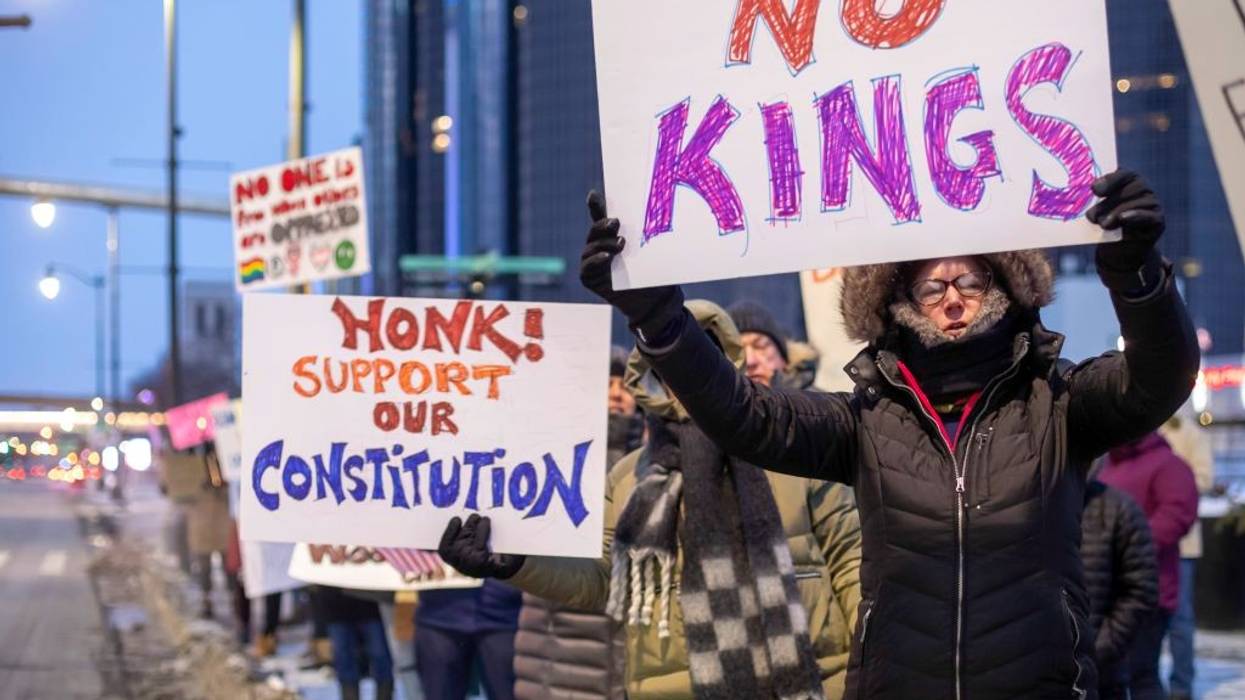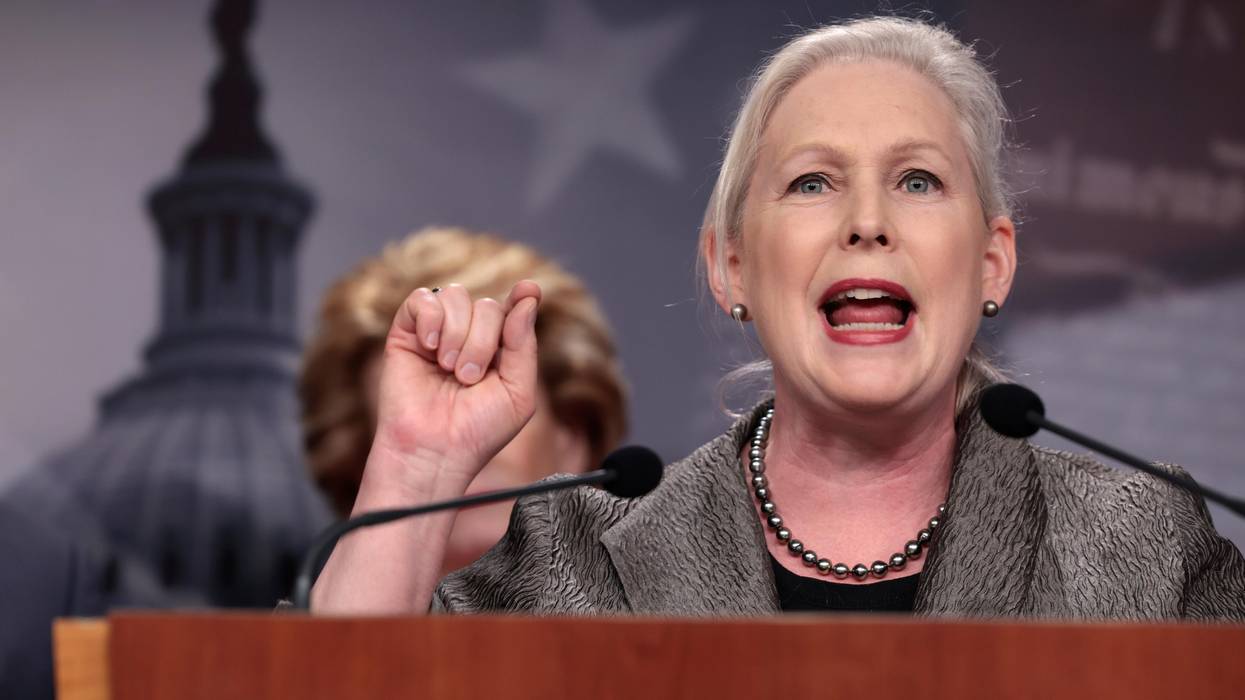One thrust of Trump’s second term has been a concerted effort to sideline the legal referees charged with checking abuses. Nearly a score of inspectors generals charged with addressing fraud and abuse have been summarily dismissed without cause. The Office of Government Ethics has been decapitated. The head of the U.S. Office of Special Counsel charged with enforcement of civil service laws, such as whistleblower protection, has been removed.
America did not intend to elect a dictator.
The net result is that violations of laws and ethics go unchecked because independent oversight has been neutralized. To prevent the recurrence of future lawless regimes, Congress should reinstitute some of the checks Mr. Trump has shredded but in a way that insulates them from unilateral executive reversal. Congress needs to strengthen the institutional guardrails against executive violations of ethical standards and for protection of federal employees from illegal actions and enforceable standards for scientific integrity.
One step would be a statute relocating inspectors general (IGs) within the legislative branch. IGs do not perform an inherently executive function as they lack authority to implement their recommendations. Congress should appoint fixed-term IGs and team them with the Government Accountability Office (GAO), another legislative body, to keep this strengthened watchdog function beyond executive obstruction.
In this restructuring, the independent IGs could also conduct scientific integrity reviews to resolve challenges to the accuracy of scientific and technical agency information. This would put control of scientific and technical data and analyses beyond the unilateral control of the very bureaucracies responsible for creating them and thereby prevent them from peddling disinformation. Moreover, uniform procedures would facilitate the use of expert scientists from other agencies, universities, and other institutions to serve as review panels.
Similarly, institutions charged with enforcing civil service protections, such as the Office of Special Counsel and the Office of Government Ethics, should be moved into the legislative branch, as well, to prevent them from executive nullification.
Most fundamentally, the executive should not be able to control the judges who decide on disputes the executive branch has with its employees, contractors, and others. Basic fairness requires that these referees be impartial and not under the direct control of one party in the disagreement.
These referee positions are also not inherently executive in nature. For example, under the Competition in Contracting Act of 1984, Congress designated its GAO to serve as an independent and impartial forum for the resolution of disputes concerning the awards of federal contracts. Similarly, investigations into and reviews of employment abuses and related disputes could be handled by statutorily relocated Offices of Special Counsel and Government Ethics.
Significantly, one of the more insidious recent Trump initiatives is asserting his authority to summarily remove administrative law judges (ALJs) who preside over hearings regarding administrative or legal disputes between federal agencies and affected parties. The prospect of removal at will undoubtedly pressures ALJs to alter their decisions to favor the executive agencies.
Mr. Trump is also attempting (once again) to sideline the Merit Systems Protection Board (MSPB), the civil service court which hears legal disputes about the illegal termination or treatment of federal employees. During his first term, President Trump shuttered MSPB by refusing to appoint any persons to fill MSPB vacancies. The three-member MSPB soon lost a quorum to decided cases and entered the Biden administration with a backlog of undecided appeals of more than 3,700 cases.
In his current term, Trump is trying the same approach, seeking to remove one of the two remaining MSPB members midway in her five-year term. As a result, the MSPB has once again been shuttered and may not reopen for years,
To enforce the basic rule of law, Congress should move the cadres of administrative law judges and the MSPB to the judicial branch so that the basic fairness of these decision-makers is safeguarded and they are shielded from further executive interference.
While President Trump may claim that he is implementing the will of the public, a recent Wall Street Journal poll found broad bipartisan support for limiting Trump’s unilateral executive authority. America did not intend to elect a dictator.
Yet, the principal takeaway from events of the past few months is that President Trump has conclusively demonstrated that the executive branch cannot be trusted to police itself in following the law. To prevent future presidents from assuming the same authoritarian posture as Trump, Congress must act decisively to fundamentally rebalance our system of checks and balances.




